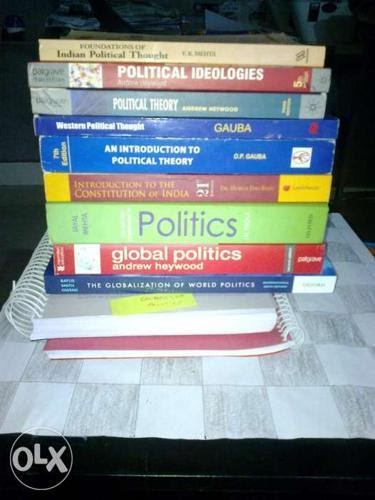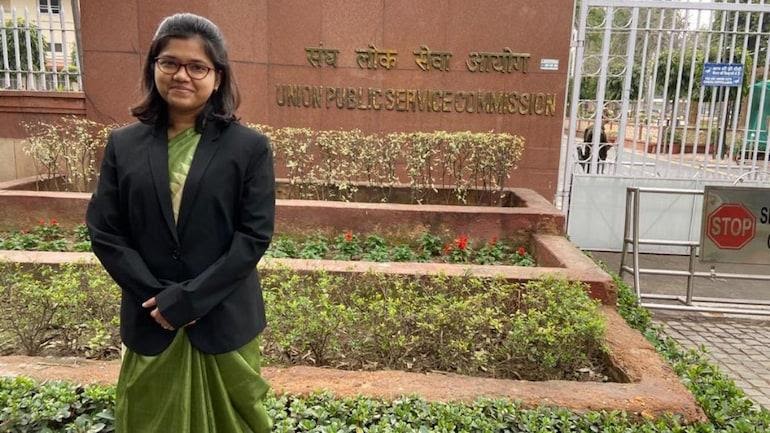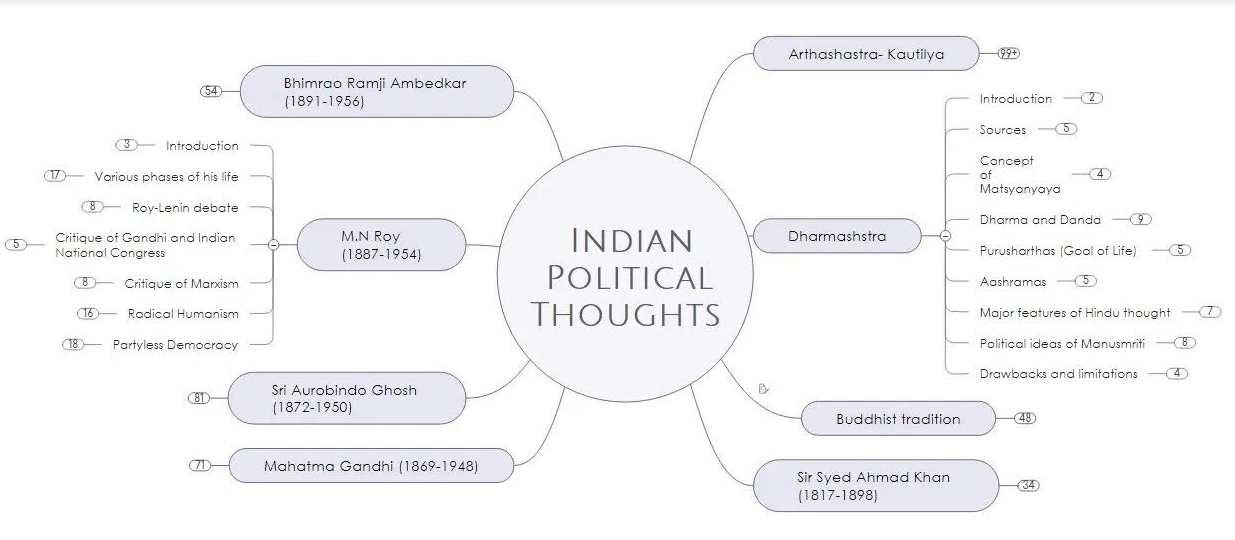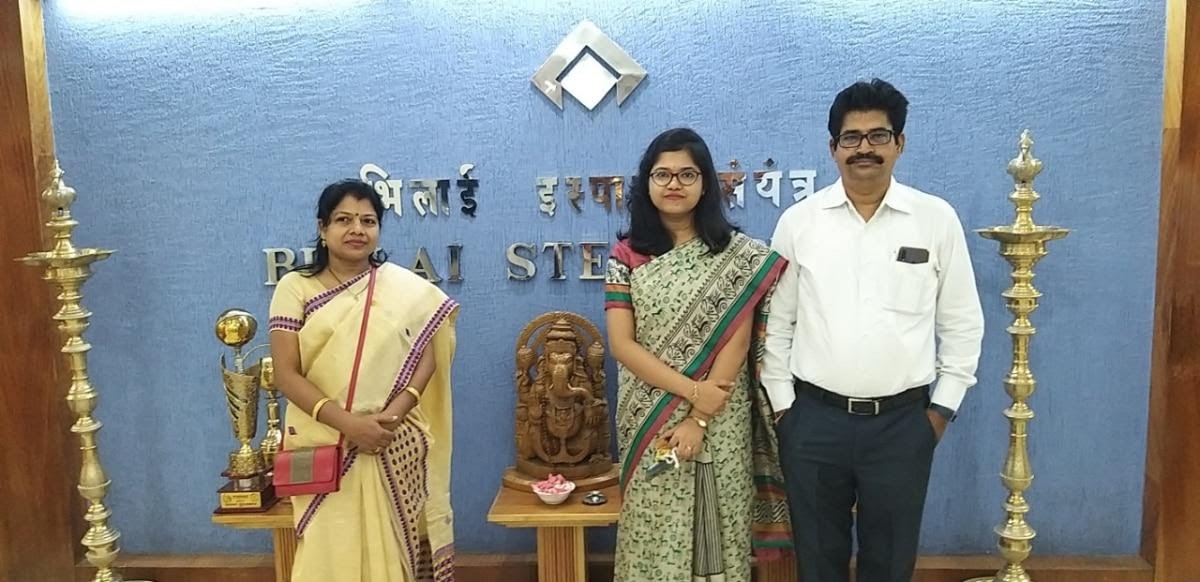(HOT) UPSC Current Affairs 2025 PDF
NEW! The Gist (NOV-2025) | E-BOOKS
(Getting Started) PSIR Optional Strategy By Simi Karan AIR-31
(Getting Started) PSIR Optional Strategy By Simi Karan AIR-31
Odisha’s Simi Karan cracked the UPSC Civil Services examination in her very first attempt in 2019 and has secured an all India rank of 33. An electrical engineer by training, at 22, she is one of the youngest people to be joining the service. Hailing from Odisha, Simi was brought up in Chattisgarh and has done her schooling at DPS Bhilai School. She even topped her CBSE boards in Chhattisgarh.
Why Political Science & International Relations (PSIR) ?
Because the optional is of 500 marks, and you may have to read it for 2 or 3 years depending on how many attempts you need to clear the exam. The sole criteria for choosing your optional should never be what toppers across the years have chosen or what the average score was, as if you do check it, you will see that there is an even distribution of scores and toppers in this area.
Simi’s prime focus was on what interested her. She checked the upsc syllabus, previous year’s questions, and toppers’ answers, and decided that this was a subject she could study for long hours and not give up. Simi enjoyed learning something new every day. There is a lot of concise material available in the market for PSIR. She took her entire 7th semester to decide on her optional, and considering all these advantages, as well as the overlap with the General Studies papers, Simi finally zeroed in on PSIR.
Simi Karan’s Booklist

Keep your sources limited
- Subhra Ranjan’s Notes
- Pax Indica by Shashi Tharoor
- The Hindu and Indian Express Editorial – map current affairs with topics from the syllabus
- Observer Research Foundation website for International Relation
- Facebook pages of The Diplomat, Rajya Sabha TV, India’s World, and The Centre For Policy Research for relevant articles
- External Affairs Minister, Foreign Secretary, Prime Minister’s speeches

AIR-33 UPSC CSE 2019 Simi Karan
Notes making
Make diligent notes on everything. This is a vast optional and you cannot revise everything unless you make notes. Simi recommends e-Notes as you can add, delete, update, and edit continuously as you find new information in current affairs, and newer sources. Simi herself used Evernote. She incorporated keywords, as she believed that the arts optionals give better results when approached with scholarly language. She also made introductions and conclusions on topics that kept repeating either through the year or through previous years’ questions to help her save time during the actual exam.

Mindmaps are great notes taking tools and provide for a quick revision
Strategy
Paper-1 Part-A
Simi wrote down the most important keywords and used them to revise.
Paper-1 Part-B
Simi made notes on important commissions and their reports. She integrated these notes with related static polity topics.
Paper-2
Again, Simi started with keywords and wrote notes to ensure they had these words. Integrated notes are necessary to understand and then explain answers to IR questions.
Current Affairs
Previous Years Questions help you understand what to give importance to. Simi says every relation formed, or acted on between India and other countries are news items you should concentrate on.
Answer Writing
Do not forget to use keywords. Simi noted keywords for each thinker, each country, each policy. Using these words gives the examiner insight into the effort put in by an aspirant in grasping the core concepts of the subject. And keep practicing, practice is key.
Message To IAS Aspirants

AIR-33, UPSC CSE 2019, Simi Karan with her family
Simi says how many hours you put in is not the key, but the setting and fulfilling short-term goals are what will help you complete your journey. Simi hopes to work towards women empowerment and education as an IAS officer and bring more opportunities for citizens across the nation. She hopes each aspirant keeps giving this exam their hundred percent and wishes them the best of luck.
© IASEXAMPORTAL
CLICK HERE TO DOWNLOAD UPSC TOPPERS NOTES


